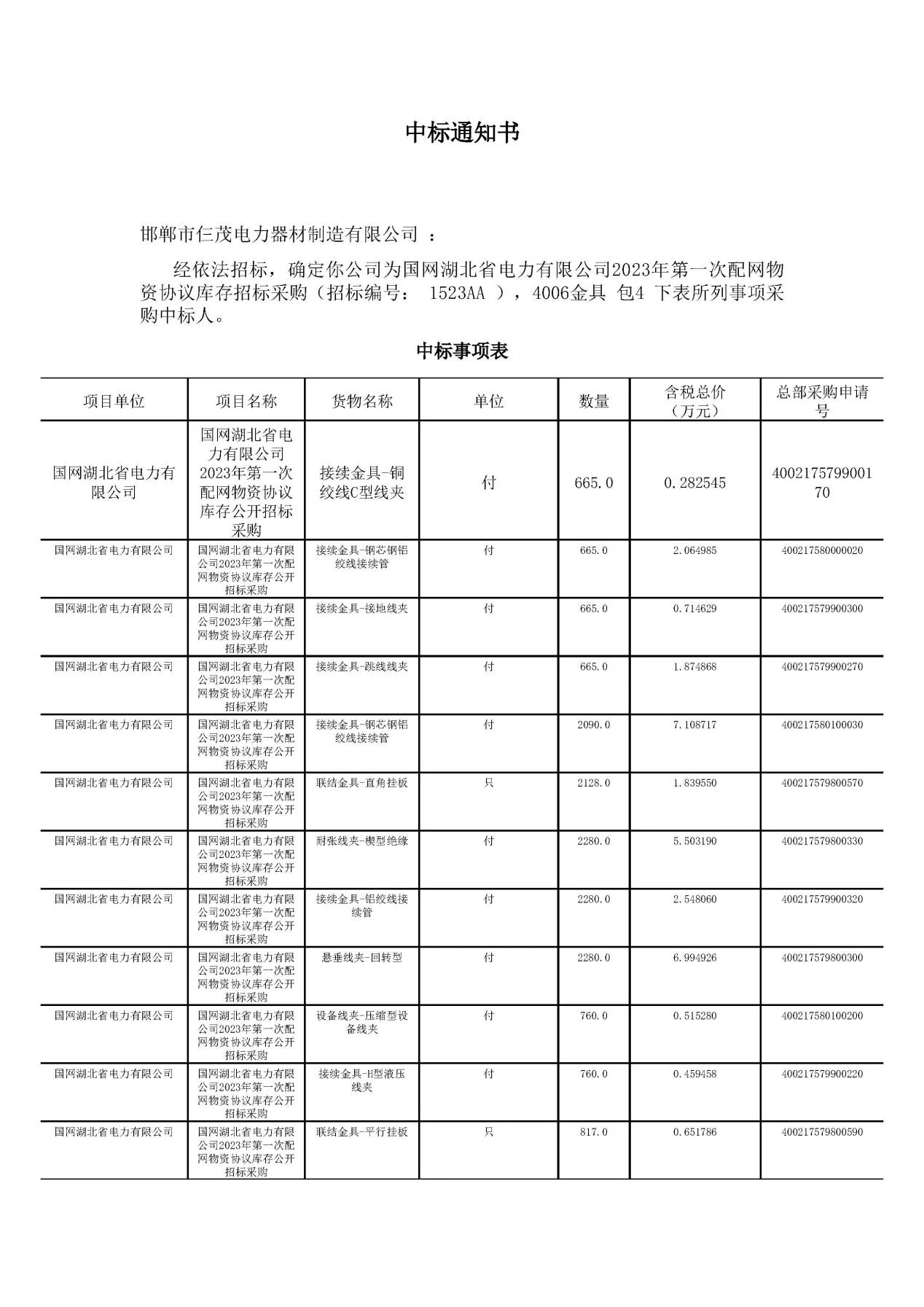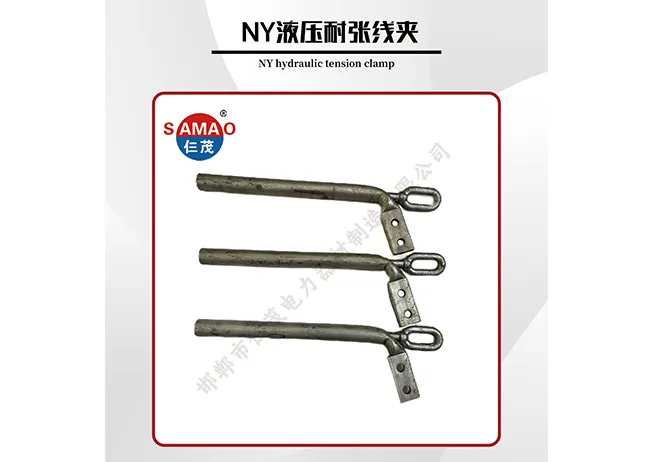1 月 . 15, 2025 03:20
Back To List
3 8 ground rod
In today's rapidly evolving energy landscape, innovative solutions for panel systems are shaping the way we think about sustainability and energy efficiency. As a field that demands both cutting-edge technology and reliability, choosing the right energy solutions for panels can significantly impact both residential and commercial applications.
The adoption of hybrid systems that combine different renewable energy sources can further propel the effectiveness of panel solutions. By integrating solar, wind, and even small-scale hydroelectric power, a more consistent energy output is achieved, minimizing reliance on any single source. This comprehensive approach necessitates a deep understanding of electrical engineering and environmental science, underscoring the importance of expertise in the field. Furthermore, investing in high-quality materials and construction for your energy panel systems ensures longevity and performance. Advanced photovoltaic cells, particularly those incorporating monocrystalline silicon, offer higher efficiency rates compared to traditional polycrystalline counterparts. These advances reflect the ongoing innovation aimed at enhancing the energy capture and conversion processes. As energy policies and technologies continue to evolve, companies that manufacture and implement energy solutions for panels need to remain compliant with international standards and regulations. This involves regular audits and certification processes, enhancing their reputation for trustworthiness and commitment to sustainable practices. In sum, establishing energy solutions for panels that are efficient, durable, and smart is a multifaceted task. It involves staying at the forefront of technological advances, maintaining rigorous standards of expertise, and committing to environmentally responsible practices. Whether in developing comprehensive energy systems or in enhancing existing infrastructures, these solutions play a crucial role in powering a sustainable future. Therefore, anyone involved in the design, implementation, or maintenance of such systems must prioritize a holistic approach, rooted in the principles of experience, expertise, authoritativeness, and trustworthiness.


The adoption of hybrid systems that combine different renewable energy sources can further propel the effectiveness of panel solutions. By integrating solar, wind, and even small-scale hydroelectric power, a more consistent energy output is achieved, minimizing reliance on any single source. This comprehensive approach necessitates a deep understanding of electrical engineering and environmental science, underscoring the importance of expertise in the field. Furthermore, investing in high-quality materials and construction for your energy panel systems ensures longevity and performance. Advanced photovoltaic cells, particularly those incorporating monocrystalline silicon, offer higher efficiency rates compared to traditional polycrystalline counterparts. These advances reflect the ongoing innovation aimed at enhancing the energy capture and conversion processes. As energy policies and technologies continue to evolve, companies that manufacture and implement energy solutions for panels need to remain compliant with international standards and regulations. This involves regular audits and certification processes, enhancing their reputation for trustworthiness and commitment to sustainable practices. In sum, establishing energy solutions for panels that are efficient, durable, and smart is a multifaceted task. It involves staying at the forefront of technological advances, maintaining rigorous standards of expertise, and committing to environmentally responsible practices. Whether in developing comprehensive energy systems or in enhancing existing infrastructures, these solutions play a crucial role in powering a sustainable future. Therefore, anyone involved in the design, implementation, or maintenance of such systems must prioritize a holistic approach, rooted in the principles of experience, expertise, authoritativeness, and trustworthiness.
Prev:
LATEST PRODUCTS




